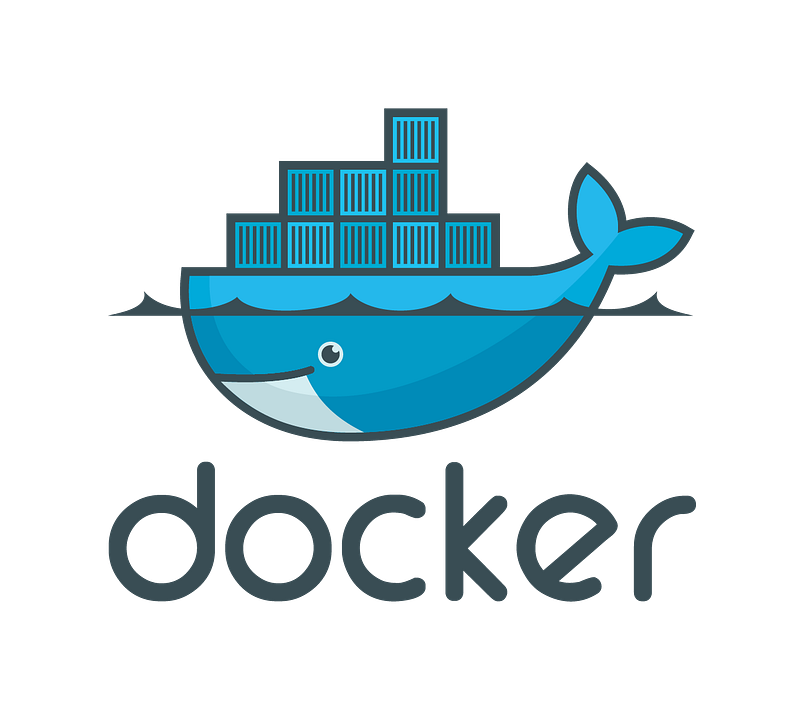Docker is Dead: What’s Really Happening in the Container World?
Here’s why developers are moving away from Docker, what’s replacing it, and what you need to know to stay ahead in the evolving container…

Docker changed the game — but in 2025, it’s no longer the only player. In fact, it might not even be the best one.
Docker is Dead: What’s Really Happening in the Container World?
Here’s why developers are moving away from Docker, what’s replacing it, and what you need to know to stay ahead in the evolving container ecosystem.
Wait — Docker is dead? Not quite. But if you’ve been paying attention to the cloud-native space lately, you’ve probably heard the phrase being tossed around. Let’s dive into what people really mean when they say this — and whether there’s truth behind the headline.
A Quick History: Docker Changed Everything
In 2013, Docker revolutionized the way we build, ship, and run applications. It introduced the world to containerization in a developer-friendly way, and almost overnight, the industry began to shift.
The “Dockerfile” became a new lingua franca for building reproducible environments.
Before Docker, managing dependencies across dev, staging, and production environments was a nightmare.
Docker made it easy to bundle your app with everything it needed, ensuring it ran the same anywhere.
But in tech, innovation moves fast — and loyalty is fleeting.
So, Why Are People Saying “Docker is Dead”?
Let’s be clear: Docker the technology is not dead, but Docker the company and Docker as the default container runtime have lost dominance.
Here’s why the sentiment exists:
1. Docker is No Longer Required by Kubernetes
For years, Docker and Kubernetes were tightly coupled. But that changed with Kubernetes v1.20, when the community announced it was deprecating Docker as a container runtime in favor of Containerd and CRI-O.
“Wait, Kubernetes dropped Docker?”
Kind of.
Kubernetes didn’t stop supporting containers built with Docker — it just stopped using Docker Engine as the runtime under the hood.
Docker was always a bit heavyweight for Kubernetes’ needs, and tools like Containerd (which Docker actually helped create) are more efficient and purpose-built for orchestrators.
2. Rise of Lightweight Alternatives
Developers today have more options than ever. Tools like:
Podman (daemonless, rootless containers)
Buildah (for building OCI images)
Nerdctl (Docker-compatible CLI for Containerd)
These tools are leaner, more secure, and better suited for modern CI/CD pipelines and Kubernetes environments.
3. The Business Side of Docker Struggled
Docker Inc., the company behind Docker, had a tumultuous journey. Despite massive early adoption, the company struggled to monetize effectively.
In 2019, it sold its enterprise business to Mirantis and refocused on tools for developers.
While Docker Desktop is still popular, especially on Mac and Windows, many enterprises began shifting to alternatives due to licensing changes, performance concerns, and tighter integration with Kubernetes-native tooling.
What’s Still Alive and Kicking?
Despite the noise, Dockerfiles, Docker Compose, and Docker Desktop are far from obsolete.
Dockerfiles remain the de facto standard for building container images.
Docker Compose is still a favorite for local development.
Docker Desktop is widely used by developers for its ease of use (though competitors like Rancher Desktop and Colima are catching up).
If you’re working in a solo or small team environment, Docker is likely still part of your daily toolkit.
What Developers Should Do Now
So, what does this mean for you?
Learn OCI standards
Understand that Docker images are now just one implementation of the Open Container Initiative (OCI) image spec. That makes switching tools easier than ever.
Explore Kubernetes-native tools
If you’re working with Kubernetes, get familiar with tools like Containerd, crictl, and Podman. They're shaping the future of container orchestration.
Be tool-agnostic
The best developers today don’t just know Docker — they understand the container ecosystem at large. Whether it’s Buildah for image creation or Podman for local dev, know your options.
Final Verdict: Docker is Evolving, Not Dead
“Docker is dead” is a provocative way to say: The container landscape has evolved beyond Docker’s original boundaries.
Docker played a crucial role in shaping the DevOps movement and modern software delivery pipelines.
But in 2025, it’s no longer the only game in town — nor the dominant one in cloud-native production environments.
If you’re still using Docker, that’s fine. Just know that the world is moving, and it’s worth keeping up.
Your turn: Are you still using Docker in production? Have you switched to alternatives like Podman or Containerd? Let’s talk in the comments.





